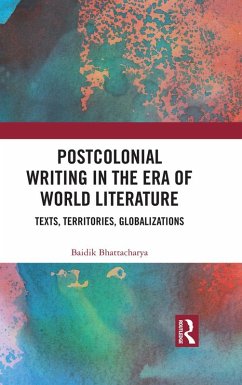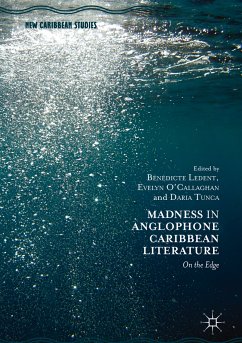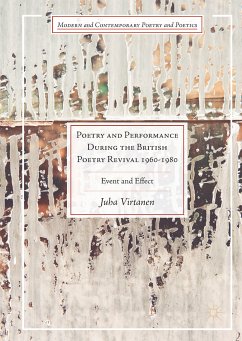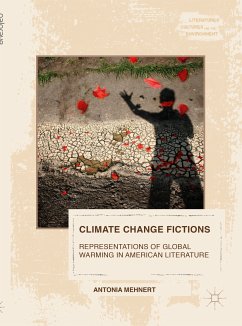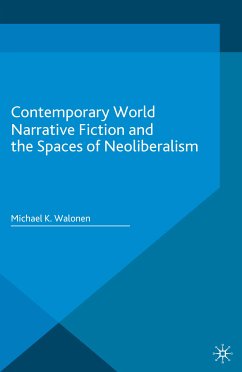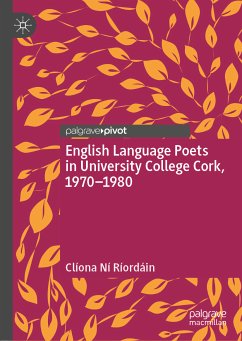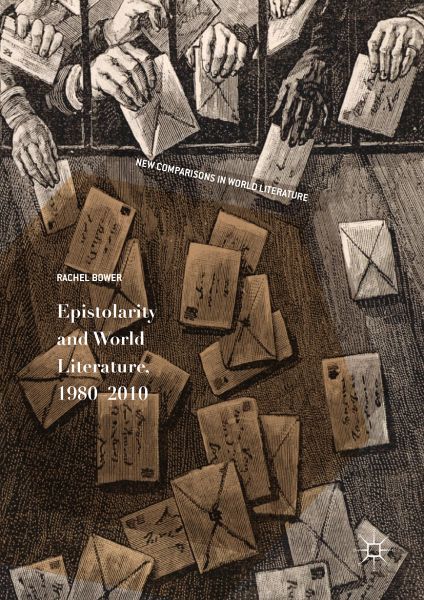
Epistolarity and World Literature, 1980-2010 (eBook, PDF)
Versandkostenfrei!
Sofort per Download lieferbar
72,95 €
inkl. MwSt.
Weitere Ausgaben:

PAYBACK Punkte
36 °P sammeln!
'This book, like the literary letters it examines, is intelligently attuned to the intimate to-and-fro between author and reader, in particular what happens when this dialogue takes place across fraught historical and political lines. Addressing why novelists from across the world returned to the epistolary form at the end of the long twentieth century, Bower closely analyses an impressive range of authors to show how and why words travel from I to you.'- Dr Jonathan Ellis, Senior Lecturer, University of Sheffield, UK'This lucid and original book explores the relationships between the epistola...
'This book, like the literary letters it examines, is intelligently attuned to the intimate to-and-fro between author and reader, in particular what happens when this dialogue takes place across fraught historical and political lines. Addressing why novelists from across the world returned to the epistolary form at the end of the long twentieth century, Bower closely analyses an impressive range of authors to show how and why words travel from I to you.'
- Dr Jonathan Ellis, Senior Lecturer, University of Sheffield, UK
'This lucid and original book explores the relationships between the epistolary novel, the world and postcolonial literature with a keen, critical eye and a nuanced concern for the material productions of texts, focusing on detailed readings as well as a wider global background. In doing so, Bower both reviews and reforms part of the field, and so this book should be read by those with an interest in the contemporary novel, postcolonialism and literary theory more generally.'
- Professor Robert Eaglestone, Royal Holloway University of London, UK
By taking the epistle as its starting point and pursuing Auerbach's speculative ideal of weltliteratur, this book turns away from the dominant trend of 'distant reading' in world literature, and shows that it is in the close situated analysis of form and composition that the concept of world literature emerges most clearly. This study seeks to re-think the ways in which we read world literature and shows how the literary letter, in old and new forms, speaks powerfully again in this period.
Dieser Download kann aus rechtlichen Gründen nur mit Rechnungsadresse in A, B, BG, CY, CZ, D, DK, EW, E, FIN, F, GR, HR, H, IRL, I, LT, L, LR, M, NL, PL, P, R, S, SLO, SK ausgeliefert werden.





